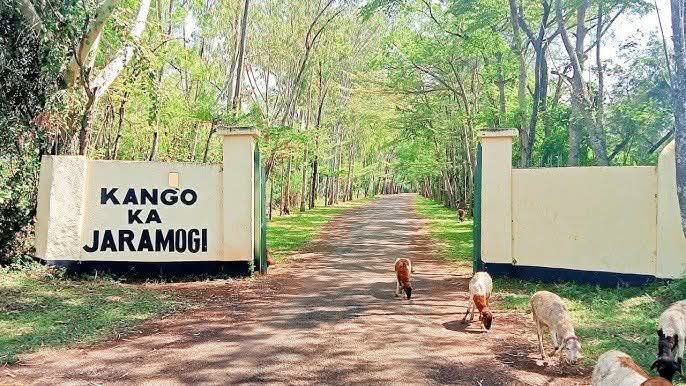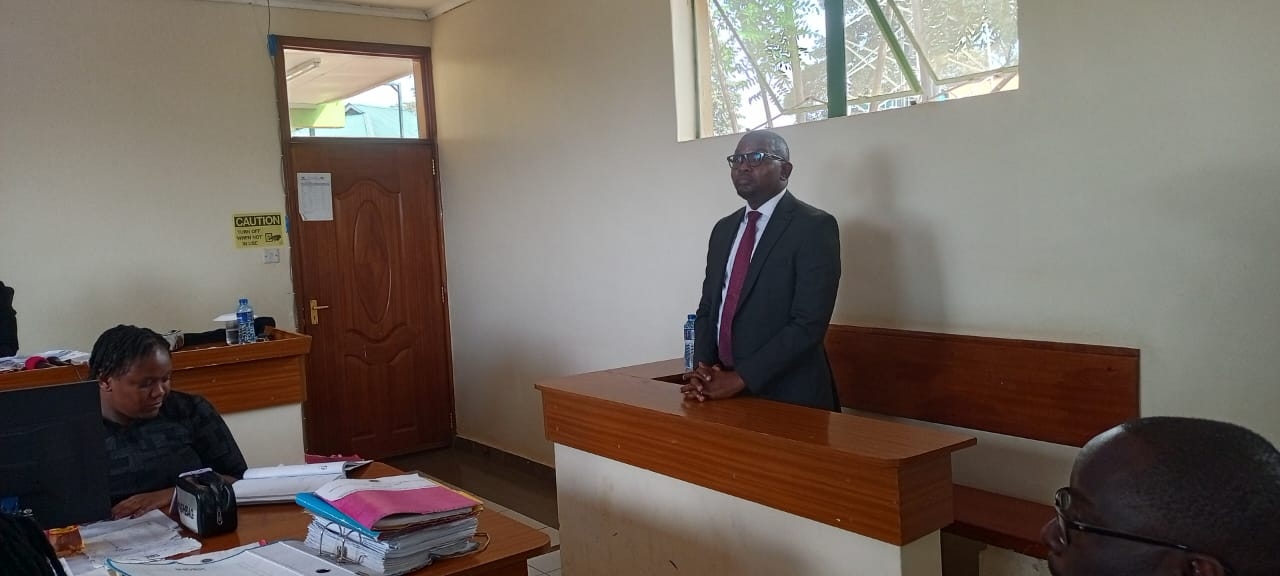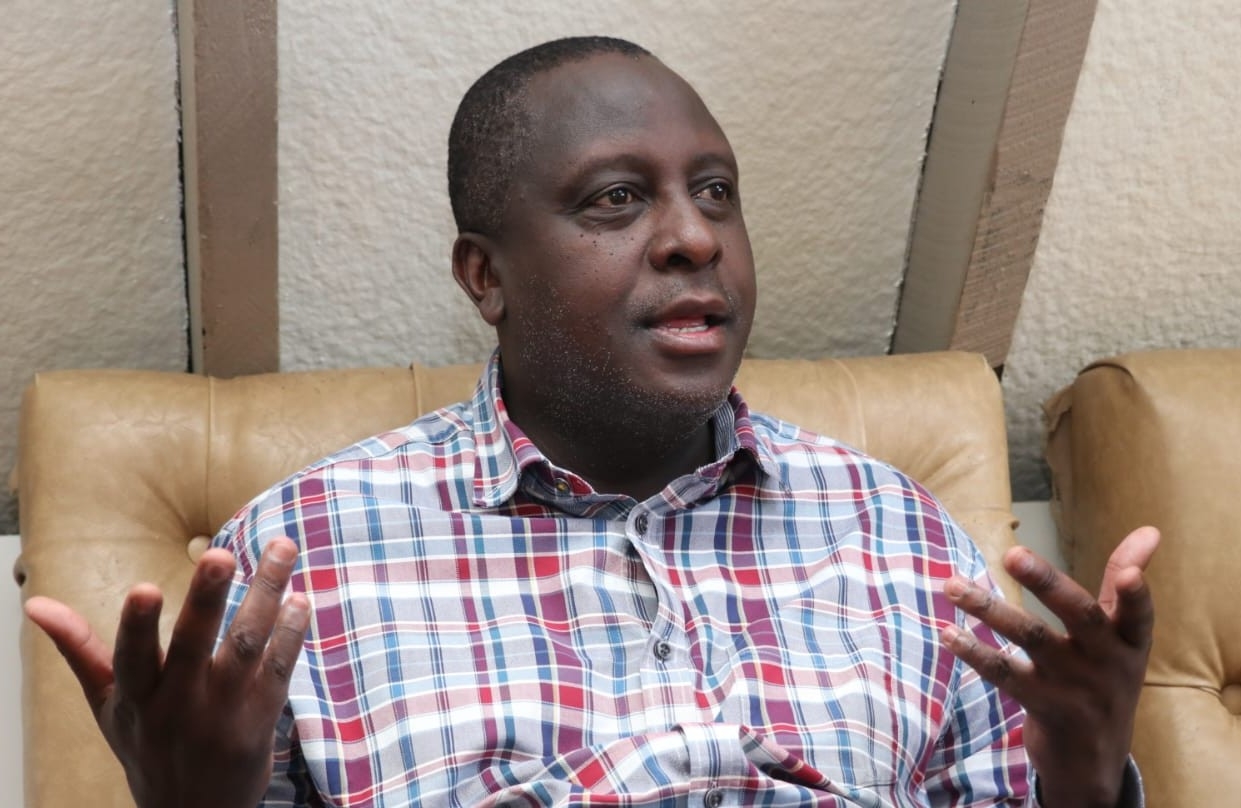Nakuru Resident Judge, Justice Joel Ngugi has maintained the importance of Alternative Justice System (AJS) saying that only 21 per cent of people with legal issues go to the conventional law courts.
He described AJS as a system that is anchored in the constitution and reflects the reality of most Kenyans by appreciating their traditional ways of quickly solving cases.
He narrated that AJS was introduced in the 2010 Constitution because the earlier law had declared most cultural and traditional African ways of dealing with normal life retrogressive and outdated.
“The new law views the traditional as rational so long as it does not contravene the Bill of Rights,” Justice Ngugi said.
Ngugi said AJS should be prioritised because it enhances access to justice even for the most vulnerable people who cannot bear case costs, it reduces backlog at the law courts.
He noted that courts were very far from the people both physically and functionally with many documents and technicalities that the common person does not understand.
Justice Ngugi spoke during a stakeholders’ meeting on the implementation of AJS in the county, organised by Egerton University’s Faculty of Law Legal Aid Project (Follap).
He noted that with only 21 per cent of cases in Kenya in courts, he had a huge backlog with the earliest available dates being in April 2023.
“This time frame would stretch to 2025 if I was to grant all the cases before me hearing dates, the situation would be unmanageable if every matter, every disagreement between citizens were filed in court for determination,” the Judge said.
Ngugi who was accompanied by Follap Project lead and Dean Faculty of Law at Egerton University observed that many of the cases pending in courts should not have been filed in the first place as they would have been easily resolved through AJS.
He said AJS is a different mode of justice which is better, faster and less technical as some cases take as little as one session of three to four hours.
“When I moved to Nakuru I found a succession case that had taken more than two decades to decide and I referred the family to AJS where it took only three sessions to resolve,” he narrated.
Ngugi said besides expanding the framework for human rights, alternative justice system gives people a chance to participate in the administration of justice.
On the technicalities of the conventional courts, the Judge said there was need to remove the division of criminal and civil cases and instead deal with them as one.
Ngugi claimed that the separation was a danger to delivery of justice citing saying that many people were suffering because they either filed a civil case as criminal or vice versa.
He added that there were cases that had the two aspects of civil and criminal and separating them would translate to more time and cost.
Ngugi cited a case where a woman filed a case of domestic violence in court and the man was given restraining orders but no one told her that she needed to go to the civil court for maintenance.
“When the man was ordered keep his distance from the women and children, he went away with the support, eight years later, the woman came to me wondering why no one cared how she and the children were going to survive,” he recounted.
WATCH: The latest videos from the Star












